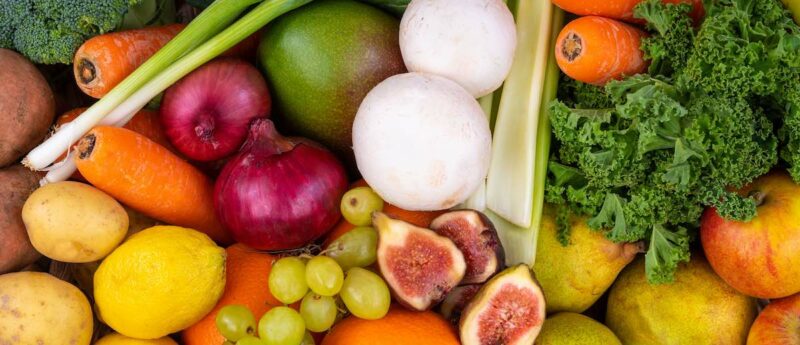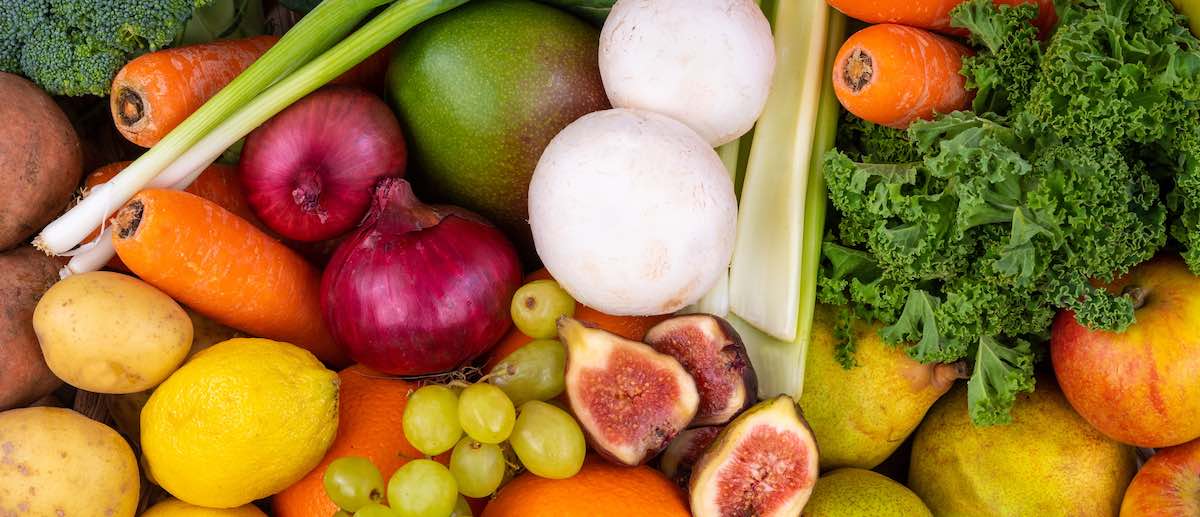Melanoma patients eating greater quantities of fibre-rich foods at the start of checkpoint inhibitor immunotherapy survive longer than patients with insufficient dietary fibre intake. The observational study, published in Science (23 December 2021), reports benefits to be most noticeable among patients who do did not use probiotic supplements.
“Our study sheds light on the potential effects of a patient’s diet and supplement use when starting treatment with immune checkpoint blockade. These results provide further support for clinical trials to modulate the microbiome with the goal of improving cancer outcomes using dietary and other strategies,” says study author Jennifer Wargo, from the University of Texas MD Anderson Cancer Center.
“The data suggest that one can target the composition of the gut microbiota and affect the ability of the patient to respond to immunotherapy,” adds study author, Giorgio Trinchieri, from the Laboratory of Integrative Cancer Immunology at the National Cancer Institute (NCI). “Consuming a diet rich in fibre, like fruits, vegetables, and legumes, could improve your ability to respond to immunotherapy.”
Immunotherapy with immune checkpoint blockers helps to restore the immune system’s natural ability to recognise and kill tumour cells, but works in only around one in five patients. In a study published in Science last year, Trinchieri showed that patients with melanoma who initially did not respond to treatment with immune checkpoint inhibitors responded after receiving faecal transplants from patients who had responded to the drug. The data provided proof of concept that gut microbiome can be a therapeutic target in cancer.
To address the role of dietary fibre intakes and commercially available probiotics, investigators from the University of Texas MD Anderson Cancer Center and the Center for Cancer Research explored the contribution of gut microbiota, dietary habits and probiotic supplement use among patients being treated for advanced melanoma with checkpoint inhibitors.
The investigators began by analysing gut microbiome profiles for 438 melanoma patients, 321 of whom had late-stage disease and were treated with systemic therapy (most commonly PD-1 inhibitors). A total of 128 patients completed a lifestyle survey of antibiotics and probiotics use as well as dietary questionnaires when they started immune checkpoint therapy.
When patients were grouped according to high- (≥20g a day) or low-fibre diets and use of commercially available probiotic supplements, response to immunotherapy was seen in 82% (18 out of 22 patients) who reported sufficient fibre intake and no probiotic use, compared to 59% in patients (60 out of 101 patients) who reported either insufficient fibre intake or probiotic use. Response was defined as complete or partial tumour shrinkage or stable disease for at least six months. Patients who reported sufficient dietary fibre intakes (37 of 138) demonstrated improved progression-free survival (not reached in those with sufficient fibre intake versus 13 months for those with insufficient intake). After adjustment for clinical factors, every 5g increase in daily dietary fibre intake corresponded to a 30% lower risk of disease progression or death.
Intrigued by their findings, the team explored whether modulation of dietary fibre could enhance therapeutic response to immune checkpoint blockade in mouse melanoma models.
They found that mice receiving a fibre-rich diet (17.6% fibre) demonstrated delayed tumour outgrowth compared with mice receiving a fibre-poor diet (2% fibre). In germ-free mice, however, fibre had no effect on response to anti-PD1 therapy, supporting the hypothesis that the effect depended on the microbiota. Immune profiling showed significantly higher frequency of CD4+ T cells in tumours of mice on high- versus low-fibre diets.
Across the full cohort, the team observed significantly higher abundance of the bacteria Ruminococcaceae in the microbiota of responders versus non-responders treated with anti-PD-1 or other systemic therapies. Such observations support the theory that one possible mechanism through which dietary fibre exerts its beneficial effects is by increasing types of bacteria in the gut, such as Ruminococcaceae, that produce high levels of short-chain fatty acids that have antitumour effects.
“In this study, we saw that dietary fibre also may be important to cancer treatment, which brings us to a point where we can design interventional studies to answer questions that patients really want answered: ‘Does what I eat now matter and could it impact my treatment outcome?” says study author Carrie Daniel-MacDougall, from MD Anderson Cancer Center.
Based on the findings, a clinical study led by Jennifer McQuade (MD Anderson Cancer Center) is now enrolling patients with stage III‒IV melanoma, to investigate how whole-food-based diets with varying fibre content affect the microbiome and immune responses of immune checkpoint blockade.












